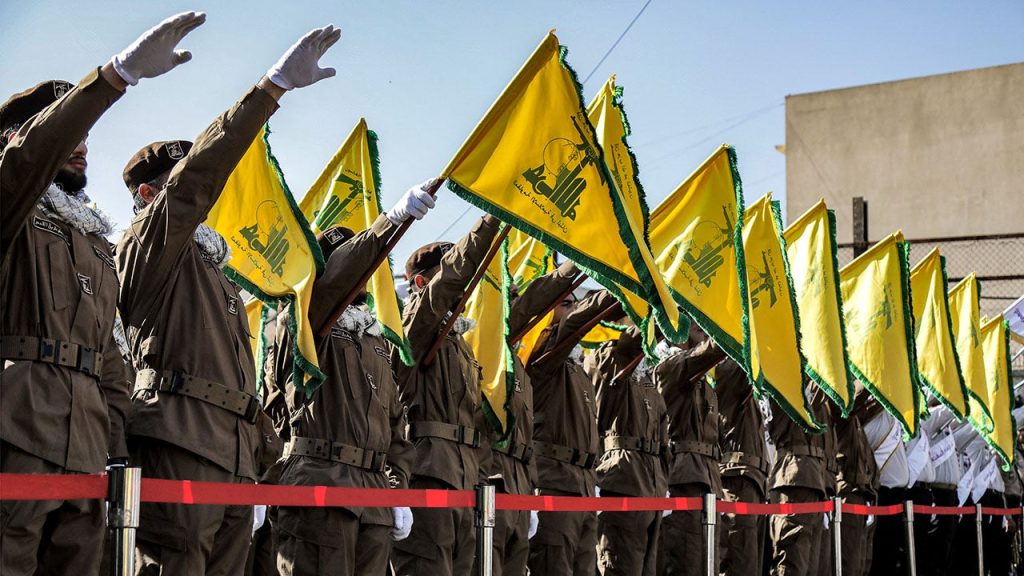The Lebanese terrorist group Hezbollah claims to have shot down an Israeli drone on a combat mission near the border with Israel. The drone, identified as a Hermes 450 made by Israeli weapons manufacturer Elbit Systems, was allegedly brought down with a surface-to-air missile. This incident comes amid ongoing cross-border skirmishes between Hezbollah and Israel, with over 240 Hezbollah fighters and 18 Israelis killed since the conflict escalated following an attack by Hamas on October 7th. In response to the perceived failure to prevent the deadly attack, the head of Israel’s military intelligence directorate has resigned. Major General Aharon Haliva, who had served for 38 years, took responsibility for the events of October 7th, stating that his intelligence directorate did not live up to the task they were entrusted with.
Hezbollah’s claim of shooting down the Israeli drone adds to the escalating tensions in the region, as both sides continue to engage in deadly skirmishes. The report of downing the drone comes amidst a larger conflict that has resulted in significant casualties on both sides. The ongoing war in Gaza, which began with the Hamas attack on October 7th, has seen over 240 Hezbollah fighters and 18 Israelis killed. The resignation of the Israeli military intelligence chief over the failure to prevent this deadliest attack in Israeli history highlights the seriousness of the situation. Major General Aharon Haliva’s resignation underscores the gravity of the situation and the need for accountability within the Israeli military.
The downing of the Israeli drone by Hezbollah represents a potential escalation of hostilities between the two factions, adding to the already high tensions in the region. The drone, reportedly a Hermes 450 made by Elbit Systems, was allegedly shot down with a surface-to-air missile in southern Lebanon near the border with Israel. This incident is just one of many in a larger conflict that has claimed the lives of numerous fighters and civilians on both sides. The ongoing violence has prompted the resignation of the head of Israel’s military intelligence directorate, Major General Aharon Haliva, who took responsibility for failing to prevent the deadly attack on October 7th.
The resignation of Major General Aharon Haliva as head of Israel’s military intelligence directorate marks a significant development in the aftermath of the deadly attack on October 7th. Haliva’s resignation was in response to his perceived failure to prevent the attack, which resulted in the deaths of numerous Israeli soldiers and civilians. In his resignation letter, Haliva expressed deep regret and sorrow over the events of that day, stating that the intelligence directorate under his command did not live up to the task they were entrusted with. This resignation reflects the seriousness of the situation and the need for accountability within the Israeli military leadership.
The ongoing conflict between Hezbollah and Israel, which has resulted in significant casualties on both sides, remains a volatile and potentially explosive situation. The downing of an Israeli drone by Hezbollah adds to the tension in the region, as both sides continue to engage in deadly skirmishes. The resignation of Major General Aharon Haliva as head of Israel’s military intelligence directorate underscores the severity of the situation and the need for accountability within the Israeli military. As the conflict continues to escalate, the international community will be closely monitoring the situation and working to prevent further violence and loss of life.


